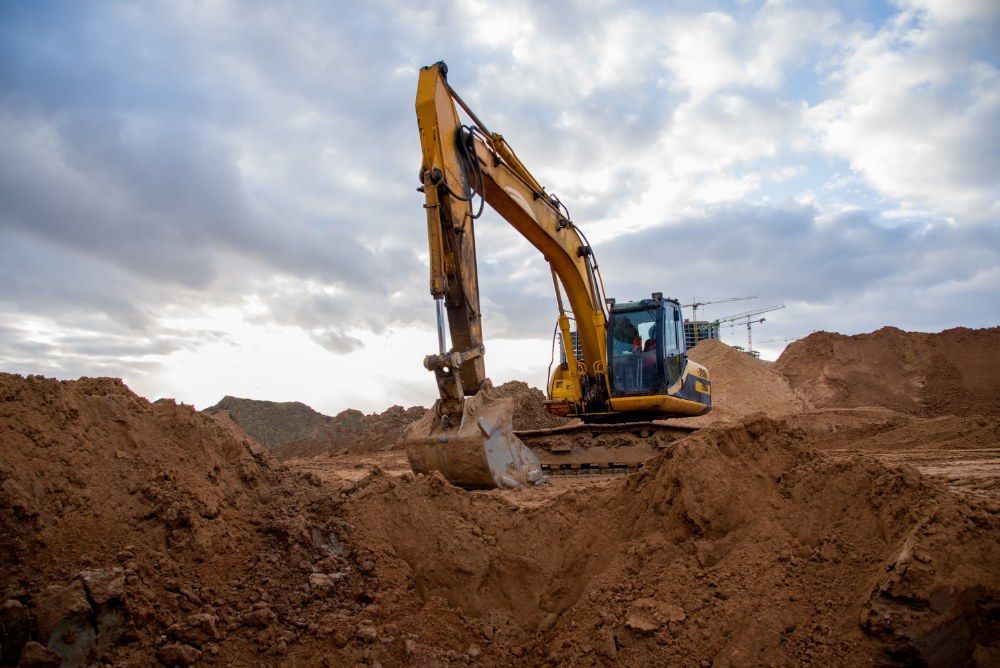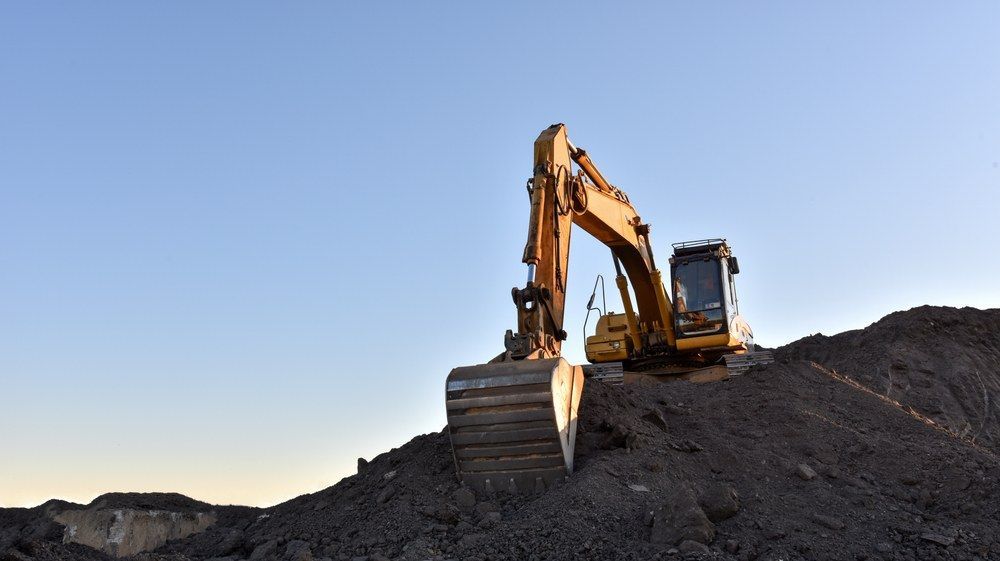Civil Earthworks in Newcastle
- Licensed & insured
- Clear job communication
- Heavy-duty haulage
Contact Us
Thank you for contacting Jammach Earthmoving.
We will get back to you as soon as possible.
Oops, there was an error sending your message.
Please try again later.
Newcastle Civil Earthworks
When you need experienced civil earthworks in Newcastle, Jammach Earthmoving is the team you can count on. With years of hands-on experience and a strong reputation for quality, we’re trusted by local developers, builders, and property owners to get sites ready the right way. Our team understands the soil types, access challenges, and drainage needs unique to Newcastle, which means every job is approached with care, precision, and efficiency.
We handle site cuts, land shaping, grading, and more, making sure your land is safe, level, and ready to build on. Our operators are skilled, our equipment is well-maintained, and we’re committed to getting the job done right and on time. We take pride in delivering earthworks that support strong foundations and long-term results. Whether it’s a residential site or a commercial development, we tailor our work to suit your needs and the demands of your land.
Local customers choose us because we know the area, communicate clearly, and show up when we say we will.
Efficient Site Prep Solutions
We provide earthmoving services that are practical, reliable, and built around your project goals. Our civil earthworks in Newcastle include ground clearing, shaping, and drainage setup to help prepare sites for construction, infrastructure, or access roads. We assess every job thoroughly and plan the work to match your timelines, soil conditions, and property layout.
When you work with us, you’re not just getting an operator—you’re getting a team that cares about the details that make a difference. We use the right machinery for each job and always follow safe, industry-compliant practices. From the first cut to the final pass, we focus on making sure the work is solid, clean, and done to spec.
Whether you’re clearing land for a development or preparing a rural block for access, we’ll help you take the next step confidently. For civil earthworks in Newcastle that keep your project moving, contact Jammach Earthmoving today.


What’s the difference between civil earthworks and excavation?
Excavation is one component of civil earthworks, focused specifically on digging and removing soil to create space for structures like footings, trenches, or basements. Civil earthworks is a broader term that includes excavation, but also encompasses land clearing, grading, fill placement, compaction, and surface preparation. Essentially, excavation is a task within the larger process of earthworks. While excavation is typically more specific to construction starts, earthworks are used for both infrastructure development and land reshaping purposes.
Is civil earthworks in Newcastle affected by local soil and terrain conditions?
Yes, Newcastle’s varied terrain and coastal soils can significantly impact civil earthworks projects. Many areas have sandy or reactive clay soils, which require careful assessment and tailored preparation to ensure stability for future construction. Sites near wetlands or with sloped blocks may also need additional drainage solutions or erosion control. Local earthworks contractors typically adjust their approach to suit Newcastle’s conditions, using appropriate compaction methods, fill material, and grading techniques to create a strong and compliant foundation.
What types of projects in Newcastle typically require civil earthworks?
In Newcastle, civil earthworks are commonly used for residential developments, home extensions, road and driveway construction, stormwater drainage setup, and commercial infrastructure projects. Site preparation is critical to ensure long-term structural stability with the city's ongoing growth and a mix of coastal and urban development. Earthworks are also often needed for subdivision works and rural property access, where reliable grading and water flow management are essential due to local environmental factors.









